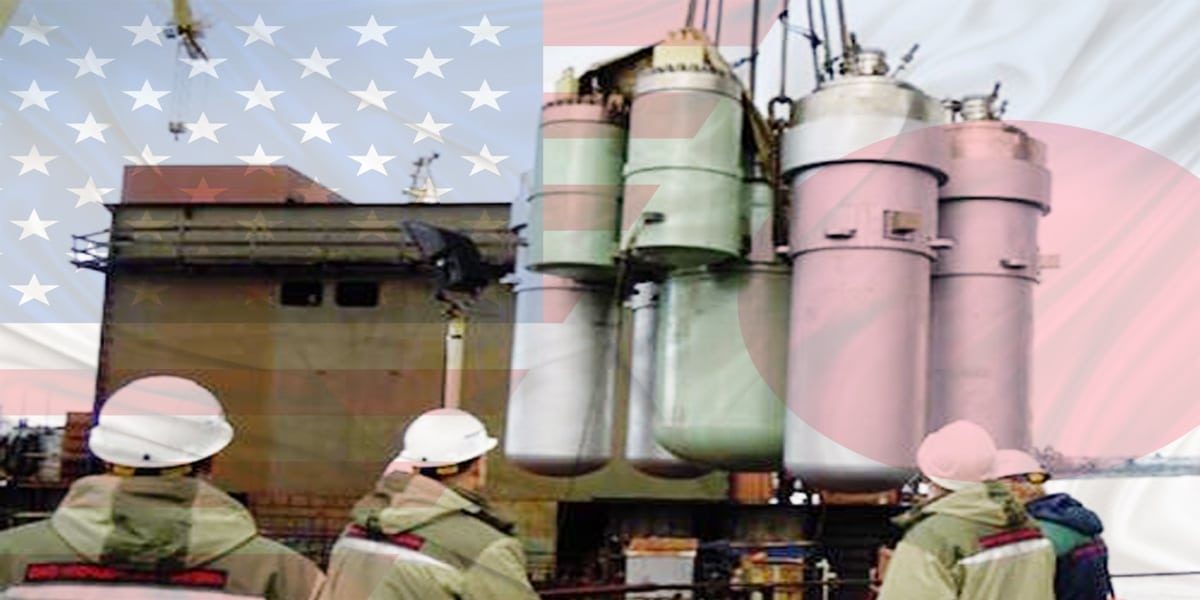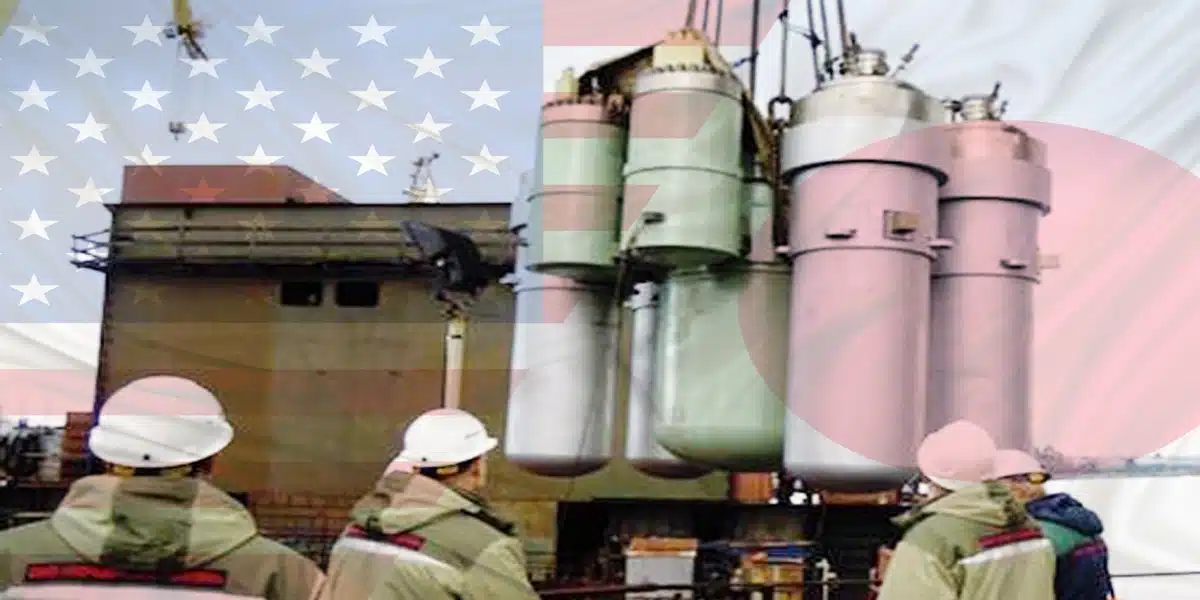The United States and Japan have agreed to cooperate in order to bring small nuclear reactor technology to the West African nation of Ghana as their way of helping other nations meet their goals for carbon neutrality and clean, emission-free energy. The technical partnership was announced by US representatives in a statement released last Wednesday, October 26th.
To kickstart the planned deployment of a small modular reactor (SMR) to Ghana, a joint feasibility study is set to be done by several corporations, including heavy machinery firm IHI Corporation and nuclear plant builder JGC Corporation of Japan, and American SMR developer NuScale Power LLC.
This initiative gives Ghana the opportunity to establish itself as a center for excellence when it comes to the development and deployment of technological innovations in nuclear power within the African continent. It will also help it achieve the lead in terms of advancing energy security within the region and a proactive stance against climate change on a global scale.
All three nations involved in the initiative are committed to uphold the highest possible standards of nuclear safety and security, as well as nonproliferation.
Not the Only One
As of 2021, the US government expressed its support of the use of SMR technology, encouraging other countries to consider it among the possible ways towards carbon neutrality.
Among those who have hopped aboard the SMR bandwagon are, Estonia, Ghana, Japan, the Philippines, Romania, South Korea, Ukraine, and the United Kingdom.
To date, there are over 80 SMR designs currently in production within nineteen countries. As of August of this year, several units are already being used in China and Russia.
What Exactly is SMR Technology?
SMRs are nuclear reactors that are built on a smaller scale compared to conventional reactors and have an average power capacity of 300MW per unit.
Unlike traditional reactors that need to be built from the ground up, SMR components can be manufactured in factories and the reactors can easily be assembled onsite. That said, developing and deploying such equipment can save power companies a significant amount of time and money on both construction and assembly.
The way SMRs are built also mitigates risk, making them a more appealing energy generation prospect than most proposed solutions.
However, SMR technology is also one of the most controversial topics in the field of green power generation. Despite being easier to build, operate, and maintain, these still pose the same risks as conventional reactors.
Environmentalists, in particular, lament the lack of studies showing how SMR users will safely dispose of radioactive waste material. SMRs also pose a security risk as autocratic nations or insurgents could use them to harness nuclear power to their advantage.







